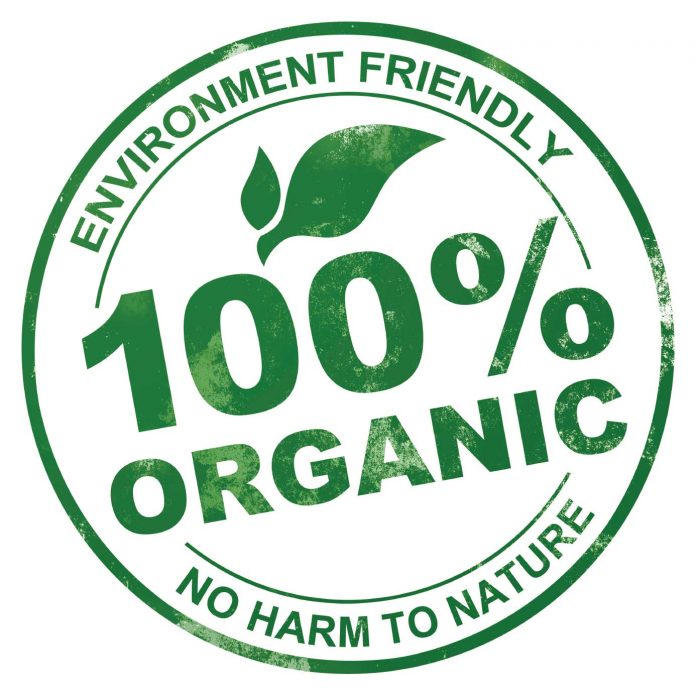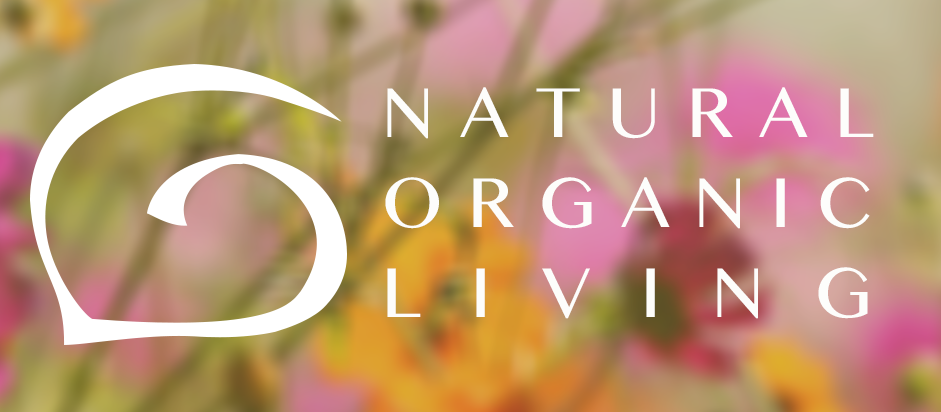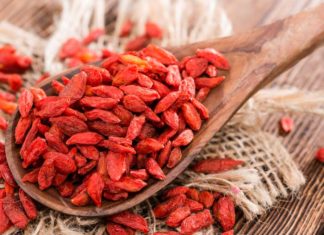
Today, organic products are becoming more and more popular, there may be confusion on what is organic and what is not. We then must explore the definition of organic definition as well its organic standard, keep reading on below.

Healthy foods for a better life
1. What does “organic” mean?
Th definition of organic by dictionary.com the word organic mean: “noting or pertaining to a class of chemical compounds that formerly comprised only those existing in or derived from plants or animals, but that now includes all other compounds of carbon”.
The term organic is currently used to describe various sustainable agricultural and food items, furniture, textiles, toys, cosmetics, mattresses, beverages, and skin care products.
In many situations, the term organic is misused. In the organic body care industry, some of their products offer a perfect example of when the term organic is misused; for example, calling a shampoo “organic” or “natural shampoo” that contains harmful chemicals are falsely representing the product to the consumer and are not allowed in organic agricultural produce claims. Therefore, it’s wise to understand the organic definition in it literal term and Australian organic standard to give the best choices for organic products.
Certified organic covers pretty much every attribute you would expect in an ethically produced product. It means free-range, cruelty-free, pasture fed, socially responsible and grown without chemicals, antibiotics and GM.
According to Australian certificated organic standard (ACOS), an organic product always is considered truly organic when the following conditions are met:
• Pesticides: Foods are produced without using most conventional pesticides
• Fertilizer: Foods are produced without using fertilisers made with synthetic ingredients or sewage sludge
• Bioengineering and Radiation: Foods are produced without the use of bioengineering or ionising radiation
• Antibiotics and Hormones: Organic meat, eggs, poultry and dairy products must be made from animals that do not contain any antibiotics or growth hormone.
• Sustainable Practices: The production process of organic products must use renewable resources and conserve soil and water to enhance the best environmental quality for future generations.
• Pests and diseases: Pests, diseases and weeds shall be proactively managed by any combination of the following:
a. By appropriately selecting of genetic stock;
b. Biological control agents and the protection of predator habitats;
c. Rotational and livestock grazing programs, companion planting, trap cropping;
d. Biodynamic measures;
• Under organic definitions, the products can be labelled as “100% organic” if they contain completely organic ingredients. Those labelled as “organic” when they contain at least 95 percent organic ingredients or “made with organic ingredients” (contains at least 70 percent organic ingredients, but cannot have the Organic seal on the package). However, the Organic seal doesn’t mean that a product is free of non-genetically modified organisms as only products labelled 100% organic are guaranteed GMO-free.

The products sealed as “100% organic” are environment-friendly
For organic farm animals, they must meet the following standards:
• cannot be given any hormone to make them grow
• cannot be produced from cloned animals
• have to be fed natural GMO-free food
• have to be free range
• have to be free from antibiotics or drugs (at the time of sale)
There has been miss conception that those with the word organic on the label are organic. It can be true that they have organic ingredients in the produce, but it is not necessary to try that chemical has not also been added to the ingredients of the produce, eg cosmetics produce. This same concept applies to natural ingredients. It is best to look for the organic logo and have a clear understanding of the labelling system set by the ADA.
2. Why should we purchase organic products?
There are many factors which may influence your decision to buy or not to buy organic products. So, consider these:
• Nutrition – The Australian certificated organic standard makes no claims that organic foods are more nutritious than conventional foods. However, it’s safer than non-organic foods as organic foods come from trusted sources.
• Quality and Appearance – Organic foods are required to meet strict quality standards. Organic products differ from conventional products in the way they are grown, handled, and processed. You can find that organic foods spoil faster because they are not treated with preservatives or waxes. Besides, do not be too surprised when seeing less-than-perfect looks – sometimes organic products may appear in oddly shaped, have colour variations, or be smaller in size. But remember that ugly appearances do not indicate any problems with quality or safety.
• Pesticides – Today, pesticides and fungicides are usually sprayed on crops to prevent pest damage, moulds and other dangerous diseases. These practices can leave a residue on fruits or vegetables. One reason individuals may purchase organic foods is to limit consumption of these harmful chemicals.
• Environment – People can also purchase organic products to support a healthy and natural environment. Organic products are produced to converse soil and water to help ensure environmental quality for future generations.
• Cost – Organic products often more expensive than conventional foods. Higher prices are due to more expensive farming practices, tighter government regulations and lower crop yields. Because organic farmers don’t use any herbicide or pesticide, many management tools that are applied to control weeds and pests in the crop.
• Taste – Some people say that they can taste the difference between organic and non-organic food. Others say they find that there are no differences. Taste is a subjective and personal factor, so the decision is based on you.
• Food safety and water: According to the organic definition, water used for irrigation shall not pose food safety risks arising from toxic substances. Where the concern is not regarding safety or quality issues, a monitoring and testing program may be required by the operator that verifies the ongoing safety of supply. Irrigation on water used shall comply with a minimum standard irrigation water quality criteria. Water arising from conventional production systems is restricted for use and shall not be permitted where such water contains contaminants that may affect the organic integrity of products or land.
• Good for Wildlife – Research has shown that organic farming is good for wildlife because it creates less pollution from produces and sprays less of the global warming gas carbon dioxide. Organic farms and ranches always use far less fossil fuel, emit far less methane and nitrous oxide, and can safely sequester great amounts of CO2 in the soil (up to 7,000 pounds of CO2 per acre per year, every year.)

When you don’t purchase organic products, you’re exposing your body to an incredible amount of harmful chemicals and pesticide residue
3. How to find out if it is organic food
There are four main things you need to look at when reviewing an organic food produce, These are explained below.
• Appearance: If it is naturally and organically grown, no two items will look identical ever! It’s just not possible to find two things that look entirely alike. No two leaves of the same mango tree will ever look 100% alike. Similarly, each apple, mango or even grain will always look different from another. Their colour, shape, the structure will never be uniform.
• Health: Organic food makes you feel healthier the conventional food. It is far better on the digestive system and also helps reduce acidity and gas related GI issues. You will feel a perceptible difference soon enough.
• Label: After understanding about the organic definition, remember to read the label and check for any preservatives present in the product; most preservatives are petroleum based — you surely don’t want to be consuming those!
• Shelf life: It is a myth that organic fruits and vegetables spoil faster; stored in a refrigerator they last for a long time.
Well, if you would like to know more useful information about the organic definition and organic products, please visit our website at https://naturalorganicliving.com.au/. Thanks for your reading.













